7 Inexpensive Tools to Manage Your Ecommerce Business Better

Once upon a time, there wasn't much going on for the small businesses of the world. Today, it's the age of the small business owner. Everything worthy of being made today - in terms of technology solutions on the cloud - is for the small business owners, sophisticated marketers and for startups.
It's a level field and it's an opportunity for ecommerce business owners to tap into a trillion dollar market (and growing). Here are seven inexpensive tools to help retailers manage their online stores better.
1. ShopIntegrator
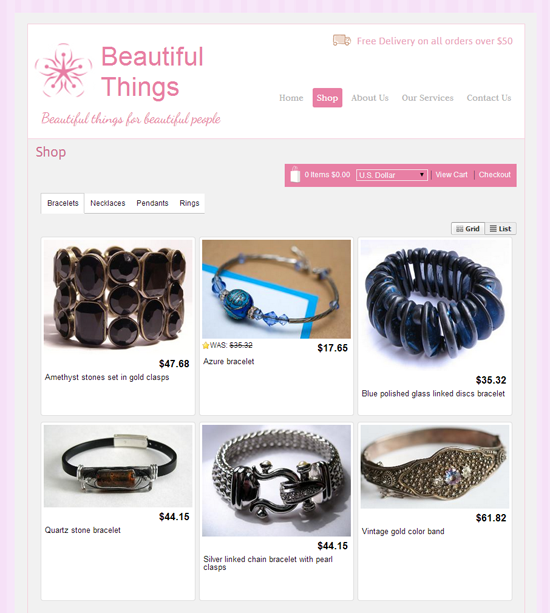
Good looks are over-rated when it comes to websites, blogs, and ecommerce stores, but looking good won't bite. "Awesome looking" sites often bite into conversions. In business, your emphasis should be on getting sales, conversions, and keeping the cash flow healthy. Prime your ecommerce store for sales and conversions and not so much for looks. Your website should have a strong foundation and you should also have all necessary needs checked. That costs a lot, usually.
It wouldn't have to cost so much to get this through with a tool like ShopIntegrator which can convert any existing website into a full-blown ecommerce site.
ShopIntegrator also provides you with PCI compliant shopping cart, shipping modules, tax modules, and also allows you to use a payment processor of your choice. It makes your website accessible on mobile devices and allows you to control and manage all aspects of your ecommerce store.
2. Optimizely
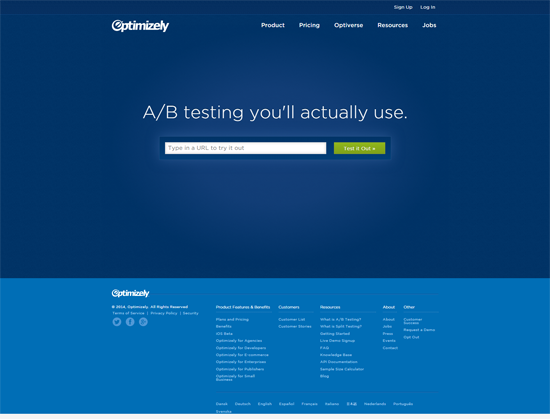
You know what the worst thing to do in business today? Making decisions based on emotions, that's what. You could have ideas, theories and whims but you never know how effective these are until you test them. Optimizely takes emotions out and brings data in.
Using Optimizely, plan to test every element of your ecommerce store. Start with a plan, focus on what needs testing, and deploy A/B testing for any part of your site. You could test for the overall design, the shopping cart, image placements, calls-to-action and copy.
Always be testing.
3. Woopra
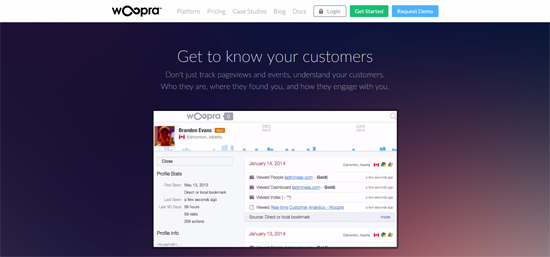
The one thing that digital marketing has that traditional advertising doesn't is the fact that you can track everything. But then, many businesses are looking at the trees for the forest. Not all data is built equal and not all data is important to you.
What is important, though, is to know who your customers are, where they come from, how they found you online, and more. Visits and events only reveal half the story.
With Woopra, you can make rich data available to you easily and quickly. Find out who your customers are, identify elements on your ecommerce store that are killing your conversions, and get to know (and interpret) your customers just at the time they are seemingly losing interest.
4. Evernote

It's difficult to find a pen and a paper all the time, no matter where you go. Your smartphone (and tablet, in some cases), always tags along. That's why you'd do well to have an app that can do better than a pen and a paper.
Evernote is a popular tool and it's on almost every list like this. I am mentioning it here because Evernote is a tool that fits into any kind of workflow. For ecommerce business owners, there are always endless list of workflows. Use Evernote as a way to:
- Keep your team informed
- Build an internal knowledge base
- Create "lists" of ideas
- Run multiple to-do lists
- Gather clips off the Web for curating content you can use for your blog or social feeds
5. Crazy Egg
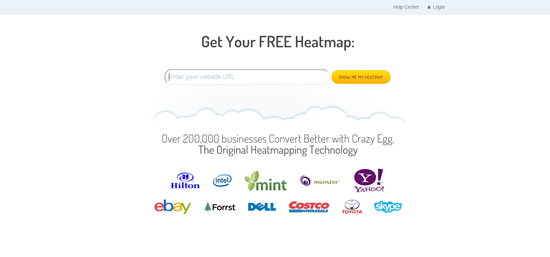
You can't convert better if you don't know what needs to be worked on. Often, we can be blinded by own conviction or run off on our own ideas. Feedback is a good way to correct us and do things better. Your ecommerce store needs feedback too. Vanilla analytics can only let you know so much.
That's why a tool like Crazy Egg is critical to your tool set because it lets you see what your visitors are actually clicking on. With four powerful in-built tools such as Overlay, HeatMap, Scroll Map, and Confetti, Crazy Egg helps you turn your visitors into customers.
6. Adobe's Digital Marketing Suite
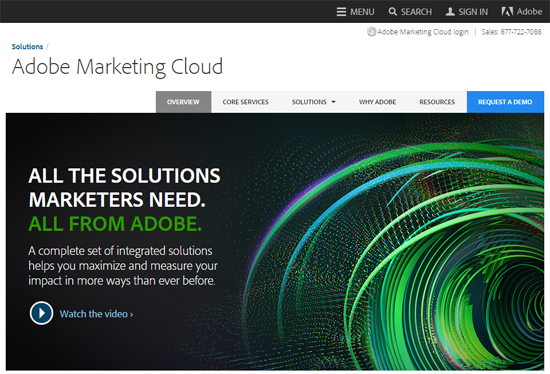
Previously known as Omniture, Adobe's Marketing suite is a full set of tools for marketers or business owners to benefit from. It's a complete integrated solution with analytics, campaigns, social media optimization, customer experience management console, media optimization and cross-channel campaign management.
It allows for complete deployment across devices and channels. You can personalize your campaigns depending on your target customers. The built-in analytics is a great way to stay on top of your campaigns and make informed decisions.
7. Concur
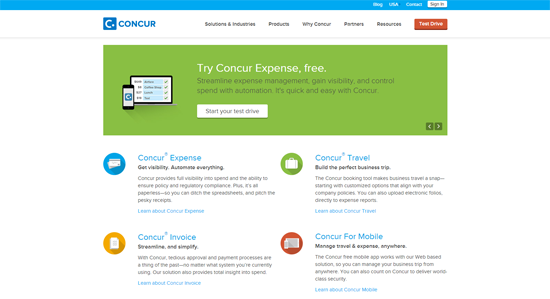
If you are in business, there are going to be expenses. There's also going to be invoicing, and you'd need a way to manage these as you go. Concur is an app that lets you manage your expenses (regular expenses, travel related expenses and more) on the Web or on mobile devices.
It's not just an app, though. Concur has a suite of products segregated for focused use. Concur Expense, for instance, allows you to go paperless to gain visibility on your spending and also ensure compliance with regulations or policies. Concur Travel helps with travel expense management and Concur Invoice takes care of your invoicing needs.
The tools available for businesses today finally allow small businesses to boast of efficient, style, speed and chutzpah (nerve) - the way large businesses do for affordable costs.
What are your favorite tools for running your business? What are some of those tools that are a must-have for you? Share your inputs in the comments below.








